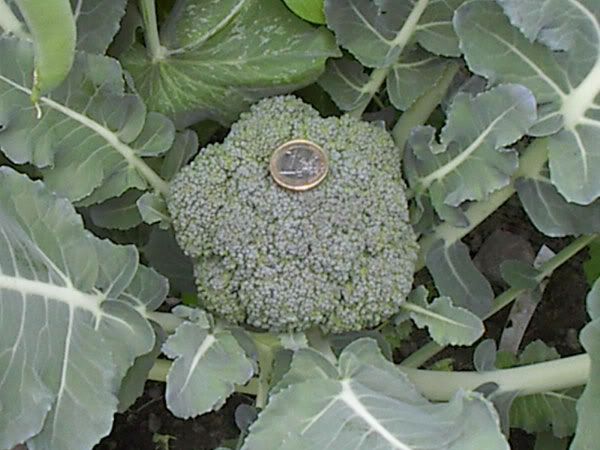Seems like a load of marketing BS to me. Rockdust? Isnt that sand? Come on people, just build a decent soil the slow way by adding organic composts and mulches. Why truck heavy mine tailings down from Scotland, creating loads of CO2 when the solution to a good soil is within your backyard compost heap?
Just goes to show you can fool some of the people some of the time....
Just goes to show you can fool some of the people some of the time....








Comment